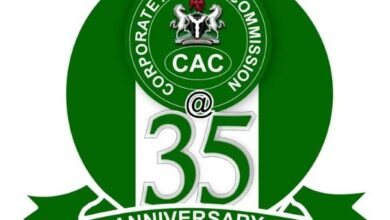Ivory Coast bans skin-whitening creams
A BBC report says Ivory Coast has banned skin-whitening creams because of health concerns, the health ministry says.
It says “cosmetic lightening and hygiene creams… that de-pigment the skin… are now forbidden”.
Whitening creams have been popular for years among young women – and some men – across Africa, who believe they make them more beautiful.
But medical experts say they may cause cancer, diabetes, severe skin conditions and other diseases.
“The number of people with side-effects caused by these medicines is really high,” Christian Doudouko, a member of Ivory Coast’s pharmaceutical authority, was quoted as saying by the AFP news agency.
British consultant dermatologist Justine Kluk told the BBC the major concern was over unregulated products, which may contain ingredients such as mercury or excessive amounts of steroids.
“If one thinks about steroids being present in these products, they’re often present in much higher quantities than we would prescribe,” she said.
She said the creams can cause a variety of health issues, such as “acne, thinning of the skin, glaucoma or cataracts if applied near the eyes”.
“Or if applied liberally to the whole body, [they can] cause high blood pressure, diabetes, osteoporosis, weight gain, mood disturbance due to absorption of large amounts of steroids,” she said.
However, analysts say the ban may not stop people buying the products.
They are still used in The Gambia despite a ban.
South Africa has the world’s toughest laws against skin lighteners, having prohibited the most active ingredient – hydroquinone, but a University of Cape Town study found that more than a third of South African women still buy them.
The use of whitening creams in Africa is most widespread in Nigeria – where more than 75% of women buy them, according to a 2008 UN Environment Programme study.













